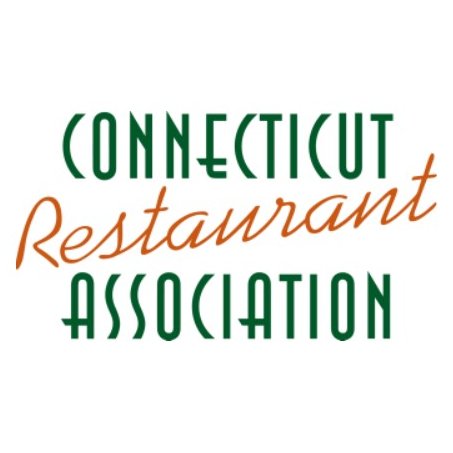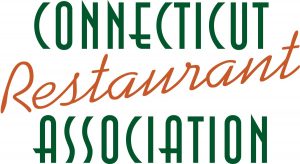
By Ryan O’Donnell, Labor and Employment Counsel, Connecticut Restaurant Association

Ryan O’Donnell, Labor and Employment Counsel, Connecticut Restaurant Association
Last month, the Connecticut Department of Labor implemented a series of new regulations overhauling the state’s “tip credit” law. Under the tip credit law, an employer may count certain employees’ tips toward a portion of their minimum wage requirement.
This tip credit is intended to reduce the employer’s share of the minimum wage, allowing the employer to pay a lower “tipped minimum wage”; however, the employee’s tips must always meet or exceed the difference between the tipped minimum wage and the state minimum wage. Such a tip credit may only be taken when an employee is engaged in “service” duties, or duties incidental to such service. Prior to last month’s much-needed reforms, a lack of clarity regarding the definition of service duties provided a considerable risk to thousands of employers across Connecticut and an extreme sense of confusion for the restaurant industry.
Effective as of Sept. 24, 2020, the revisions to the Connecticut tip credit regulations provide employers – especially those in the food and beverage industry – with several welcome revisions. First and foremost, the tip credit regulations now contain a list of 23 specific duties considered “incidental” to service work.
Anyone familiar with the hospitality industry will recognize these new “incidental” duties as a core component of service work; the need to explicitly include this list in these new regulations is a direct response to the lawsuits seeking to impose an impossibly narrow definition of service duties. Now, any server performing any one of these 23 “incidental” duties is considered a service employee for whom employers may claim a tip credit.
In addition to the “incidental” duties clarification, these new regulations also update the manner in which employers must record the amount of gratuities received. Previously, employers needed to record gratuities on a weekly basis via a form that included the employee’s signature as well as the week-ending date. Such requirements were incompatible with the realities of running a busy restaurant and the new regulations provide employers with far greater – and more realistic – recording obligations. Specifically, while gratuities must still be recorded, employers may do so on a daily, weekly or biweekly basis. Likewise, employees may attest to the accuracy of these recordings electronically via the employer’s point-of-sale system; the previous regulation required the employee’s written signature.

Also, these new regulations allow employers to assign service employees to non-service duties and take the tip credit so long as those non-service duties constitute either 20% of the employee’s shift for the day in question or exceed two hours total – whichever is the lesser of the two figures. Should such non-service work exceed the limits noted above, employers must segregate, and record said time. Furthermore, the regulations make it clear that a tip credit cannot be claimed when an establishment is not open to patrons.
Finally, any review of these new regulations must include a clarification regarding the greatest tip credit misconceptions – that employers are somehow allowed to pay employees a “sub” or below minimum wage. Such claims – whether born of ignorance or legal/political opportunism – ignore the fact that tip credit employees must always, as a matter of law, be paid an amount equal to or greater than the state minimum wage. If, even with gratuities, the tip credit employee’s wages fail to meet the minimum wage, the employer must make up the difference. Under no scenario may any tip credit employee be paid a “sub” minimum wage. Indeed, most tip credit employees are paid well above the state minimum wage.
“The Connecticut Restaurant Association has worked tirelessly over the last 18 months to make significant changes to these outdated regulations,” said CRA Executive Director Scott Dolch. “Our goal has been to not only provide clarity, but also continue to protect every restaurant in our state. The overall efforts of our team deliver new and realistic regulations that will help everyone understand the role of taking a tip credit and provide clarity for accurate documentation moving forward.”
For additional information regarding the new Connecticut tip credit rules and regulations, please contact CRA Labor and Employment Counsel Ryan O’Donnell at rodonnell@siegeloconnor.com.



